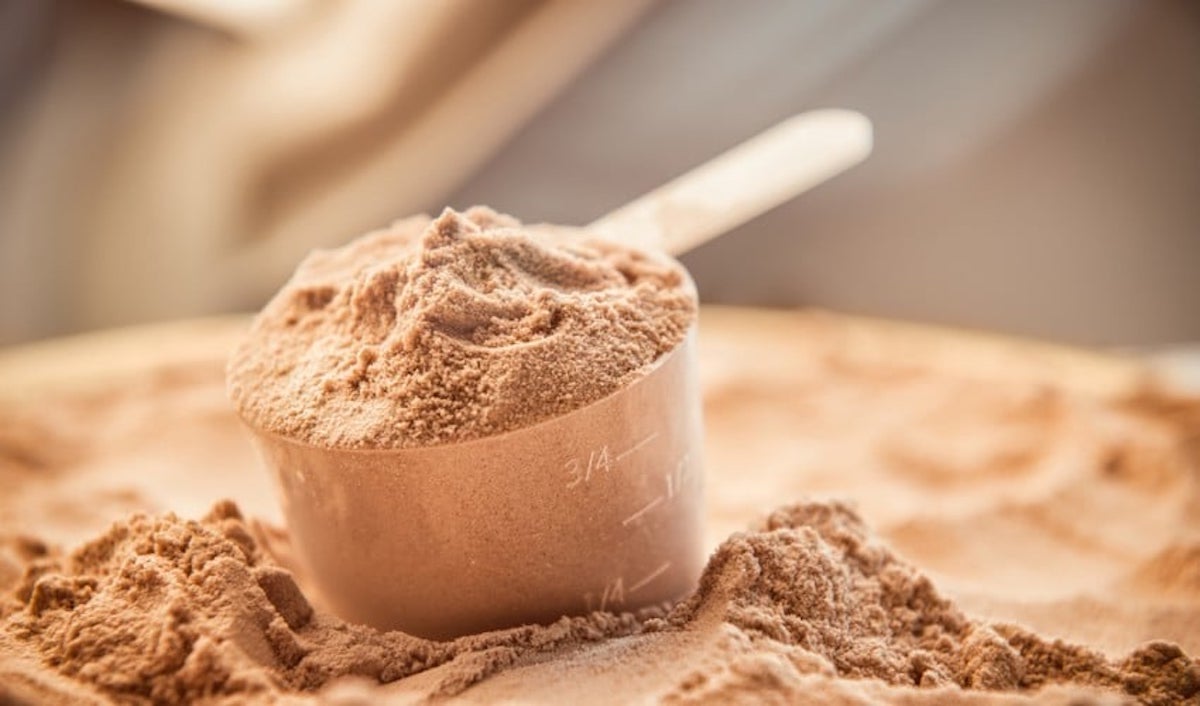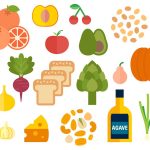Protein

Often when people start to work out and try to have a healthier lifestyle they tend to restrict their caloric intake. That can actually be harmful as dietary protein is actually necessary when it comes to the fight against muscle loss. It is easy to find meal plans online that outline the amount of dietary protein that you need. As you age, you should actually be incorporating more dietary protein in your diet- not less. The results of some studies indicate that federal dietary guidelines for protein are actually lower than the ideal. Many people associate dietary protein with animal proteins such as poultry, beef, chicken, eggs, and dairy products. However, there are a whole slew of non-animal products that are also high in protein. For instance soy and peanuts, beans and other legumes are high in protein (although they are not as easily digested as some other foods). A healthy diet does not end at protein though, make sure to include colourful fruits, vegetables, and some healthy fats like avocados olive oil. Also make sure to stay away from refined carbohydrates.

In order to build muscle, it is important to spread out your protein intake throughout the day, which is not usually the norm since most of us tend to have a dinner that is high in protein while eating lower protein dense foods the remainder of the day. This is especially true the older we get. According to Bill Evans, who is a professor of human nutrition at the University of California, Berkeley, it is ideal to consume protein (in addition to some carbohydrates) in the half an hour to fourty minutes after working out in order to maximize your body’s ability to produce muscle protein.
More from Things Health
-
How To Heal A Diabetic Sore
Diabetic sores need appropriate treatment and are serious. They are able to lead to ulcers as well as amputation. In case you are in possession…
-
Things That Don't Actually Need To Be Refrigerated
How much of this stuff even needs to be in here? You might be surprised that a lot of it doesn't. Read on! If you…
-
10 Causes of Leg Cramps – and How to Stop Them
Although they are usually harmless and actually quite common, leg cramps can be both uncomfortable and painful. In this article, we provide an overview of…
-
6 Things to Know About a Low FODMAP Diet
If you or someone you know suffers from Irritable Bowel Syndrome (IBS), you are likely familiar with the digestion problems that come with it including…
-
Celiac Disease Diet: 9 Gluten-Free Grains to Try
In recent years, everything from bagels to haircuts have been advertised as being “gluten free.” When the trend first started, many joked about the fact…






